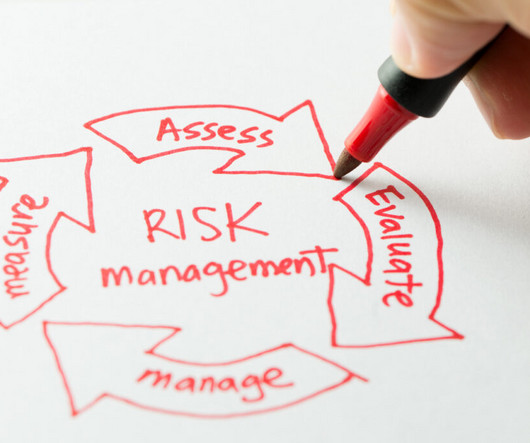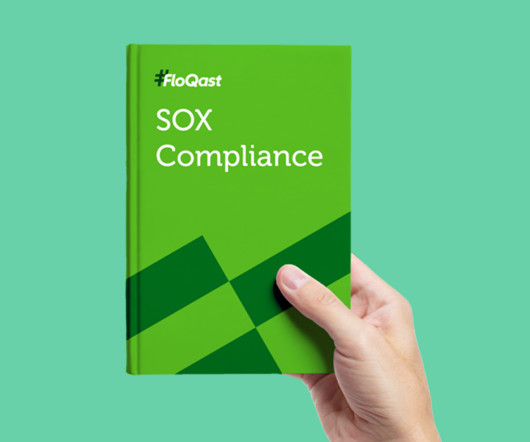6 Benefits of AI Insurance Claims Processing
Nanonets
DECEMBER 13, 2023
Integrating AI and automation into the underwriting workflow presents a significant opportunity to minimize the time allocated to administrative tasks, manual processes, and repetitive data entries. In addition, AI can help insurance firms evaluate risk with high accuracy by analyzing large volumes of data.












Let's personalize your content